By Felicia Reich
Campus News
Colleges across the country have sought ways to make their academic offerings more inclusive. Rockland Community College, in partnership with the Gates Foundation, has welcomed a new way to support students, particularly those without access to costly course materials like textbooks, through a student-led research initiative. RCC announced the launch of the Lumen Learning User Testing Center on Friday, January 14th, in a press conference held at RCC.
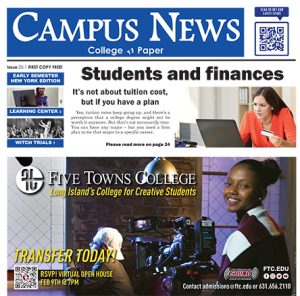
RCC’s partnership with Lumen Learning is one rooted in equity, according to the day’s speakers. Dr. Susan Deer, Provost and Executive Vice President of RCC, recounted her lightbulb moment when RCC President Dr. Michael A. Baston shared with her the difference between equity and equality: “Equality is that you provide the same opportunity for everybody; equity is giving people, our students, what they need.”
“One of the lightbulbs that went on for me with this program is the fact that we’re not telling the students what they need,” Deer continued. “We’re asking them.”
“A growing number of our faculty,” said Stephen Burke, Dean of Arts and Humanities at RCC, “are inviting our students to co-create the curriculum, the course texts, and even the course assessment afterwards.”
The cost of college is high, with textbooks only one of a student’s many expenses. When a student can’t afford a textbook, they are limited in what they can accomplish in a course and, often, fail to complete the course for this reason.
In addition to invaluable insights on course materials RCC will gain from students, the new Lumen Learning partnership will offer free or low cost open educational resources to students in RCC’s gateway courses, “the first credit bearing, transfer level courses in a program of study,” described Burke.
“These courses should be welcoming students into a major and a potential career path… Too often these gateway courses are barriers that impede, or sometimes even stop, student progress.”
Course designers, experienced faculty, and engaged students will work together through the new Lumen Learning User Testing Center to design “curricular enhancements to surmount these barriers.”
Former student and now professor Emily Gerace shared her experience with textbook affordability: “I’m an RCC grad—I’m also a first-generation college graduate. That can come with the question of ‘can I be successful in this class if I can’t buy the textbook?’. I dealt with that personally… and that informed my teaching here.”
As a faculty member, Gerace asked herself whether or not she would charge students for their materials in her class. “The answer has always been ‘no,’” she said.
Gerace is also the RCC Coordinator for the Lumen Learning User Testing Center. She along with Lumen Learning Senior Product Manager Carie Page selected four interns to champion this initiative.
All speakers in the event maintained that students would be central to this initiative. One of the ways this will be achieved is by having students recruit and conduct research on their peers, granting RCC and Lumen access to data collected directly from those that use their materials and courses. The aim of this approach is to understand the needs of the students, in order to tailor RCC and Lumen academic programs and resources to better meet them.
User tests will occur over two-week cycles in which Lumen will provide materials for the interns to test with their peers. After reviewing the observations and suggestions they received from the students that participated in their tests, the Lumen Learning User Testing Center interns, faculty, and staff will then integrate the results into the materials, Gerace described.
The student interns went through a four-week user testing training that explored the roles of product development and equity in user testing.
Pascalyn Omotosho (pictured, right), an international student from Nigeria, will be one of the students conducting this hands-on curricular research.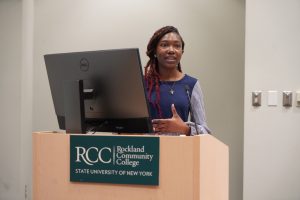
In addition to her role as a Lumen Learning User Testing Center intern, Omotosho works in the admissions office at RCC, where she hears about the struggles people face to access education. What made Omotosho interested in participating in this initiative was “knowing that [students] will have access to such affordable education and they’ll be able better their lives, and find a great career that will support their families and make the value of their life better.”
This partnership is made possible through the Gates Foundation. Gates Foundation Senior Program Officer of Digital Learning Infrastructure, Post Secondary Success Josh Baron was present at the press conference via Zoom.
“I think this work isn’t just going to lead to closing the equity gap, which is a critical mission and focus of the foundation, as well as everyone here in the room and on the call, but it’s also going to provide students with a really tremendous real world learning experience.”
Baron spoke of the initiative allowing students to develop critical 21st-century workforce skills that he sees in high demand across many different sectors. “Almost every single organization I know of these days, [not just software companies], is doing this sort of work with user research.”
“I have hope that down the line, this will lead to some of these students becoming education-technology entrepreneurs and leaders for the country.”



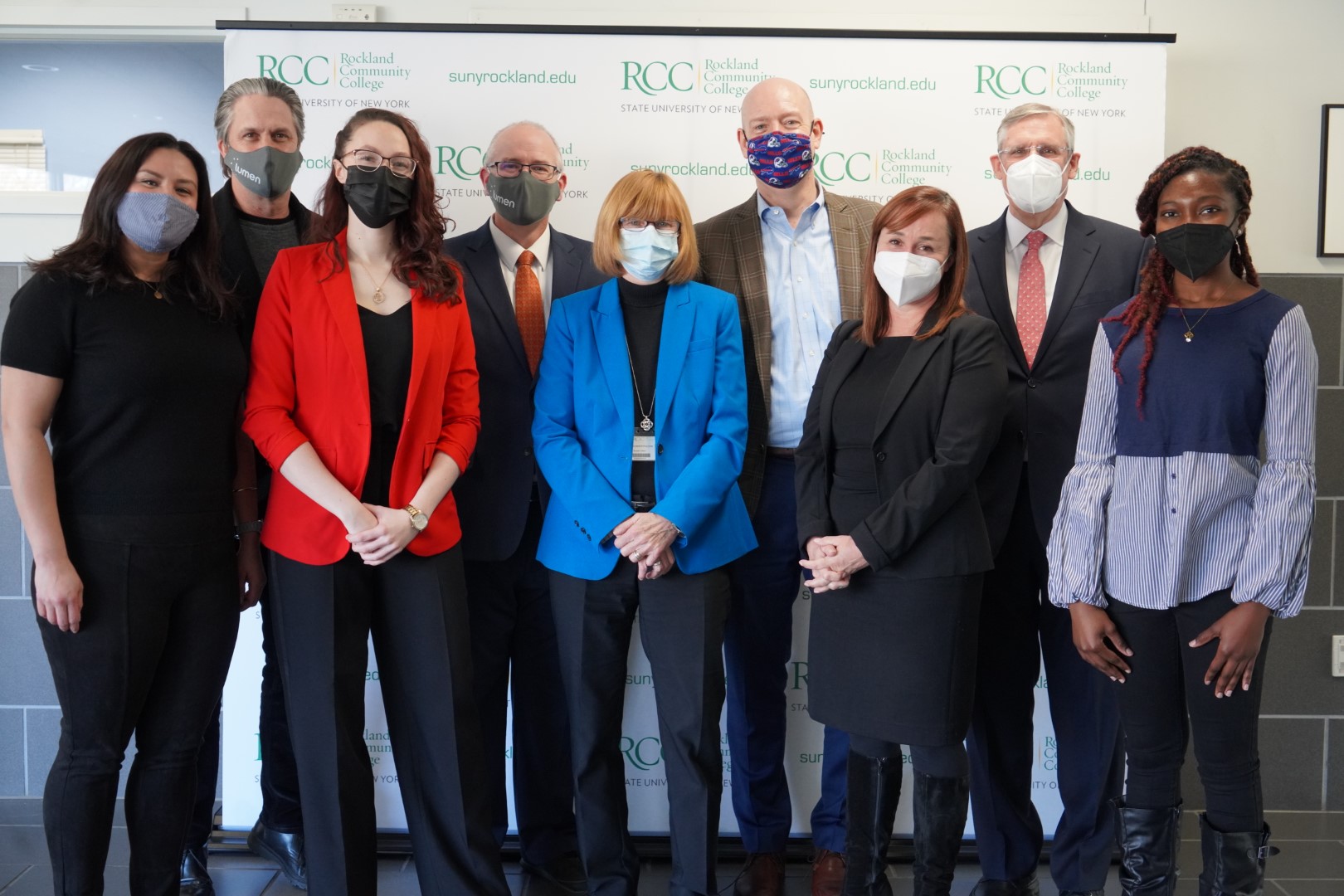
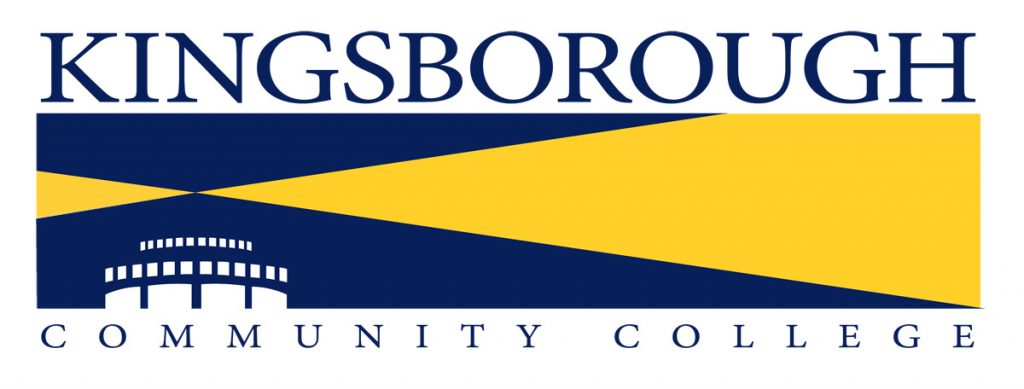

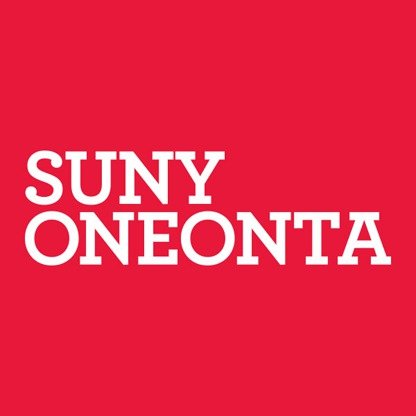
Facebook Comments